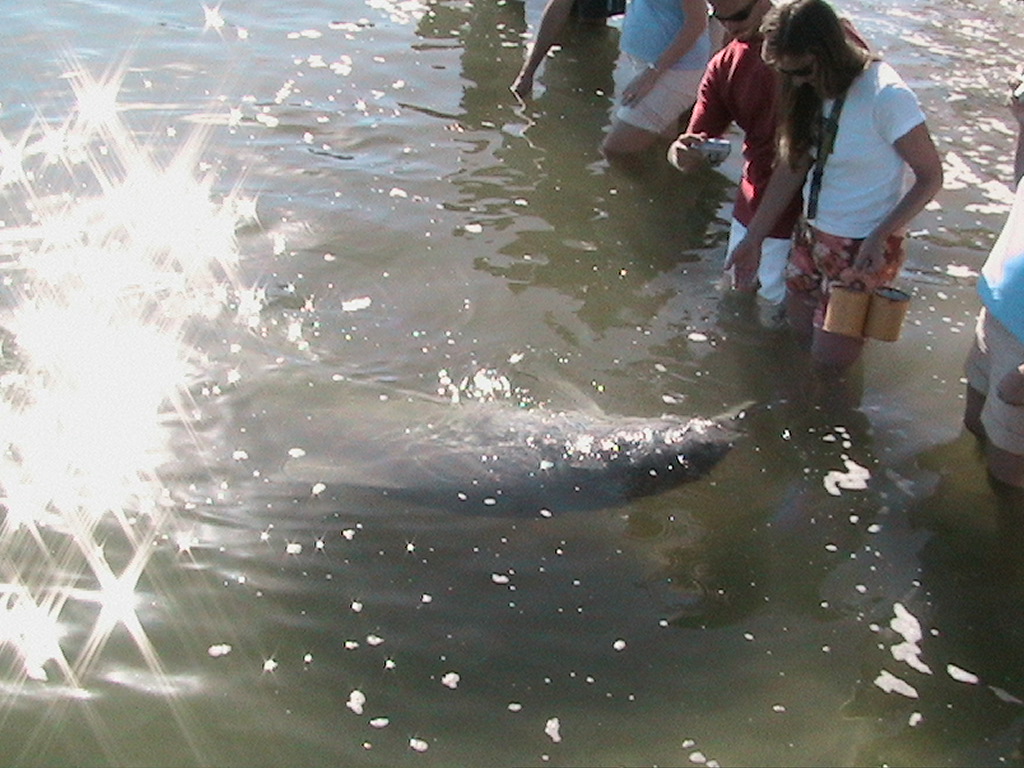As a medical forensic examiner, I would like to share what individuals can anticipate from a healthcare response following a sexual assault.


As a medical forensic examiner, I would like to share what individuals can anticipate from a healthcare response following a sexual assault.

“Multimillionaire Childcare Entrepreneur Calls for Young Mothers to Return to the Office Permanently”

Is soaking infected cuts in Dettol still a staple of the average Aussie childhood? Back in the ’80s and ’90s, if you were playing outside (often barefoot), it was almost

The outback bus service providing remote communities with essential access to food and healthcare.
Thank you for sharing your expertise as a medical forensic examiner. It’s crucial for individuals to understand what to expect after a sexual assault in terms of health responses. Clear communication about the process can help ease anxiety and ensure that survivors receive the care they need.
After a sexual assault, it’s important for survivors to seek medical attention as soon as possible. They can expect a thorough examination, which might include a medical history review, physical examination, collection of forensic evidence, and possibly laboratory tests for sexually transmitted infections and pregnancy.
Supportive care is also a critical part of the response; mental health resources are available to help survivors cope with trauma. Survivors should also know that they have options regarding reporting and can choose how to proceed based on their comfort level.
Creating a safe environment and providing compassionate care is essential. What are some of the most common misconceptions you encounter about the medical response after a sexual assault?